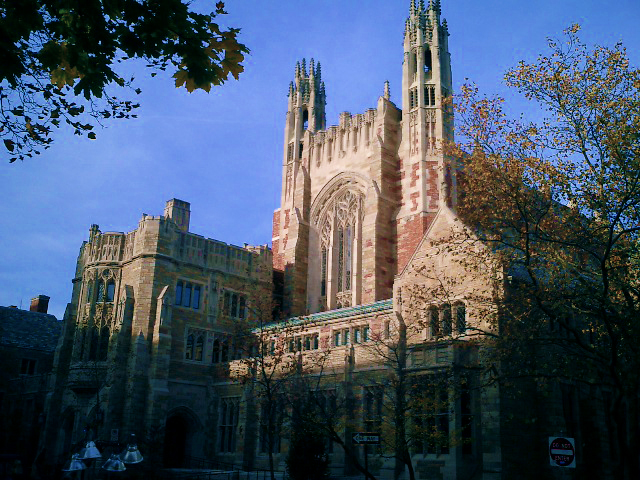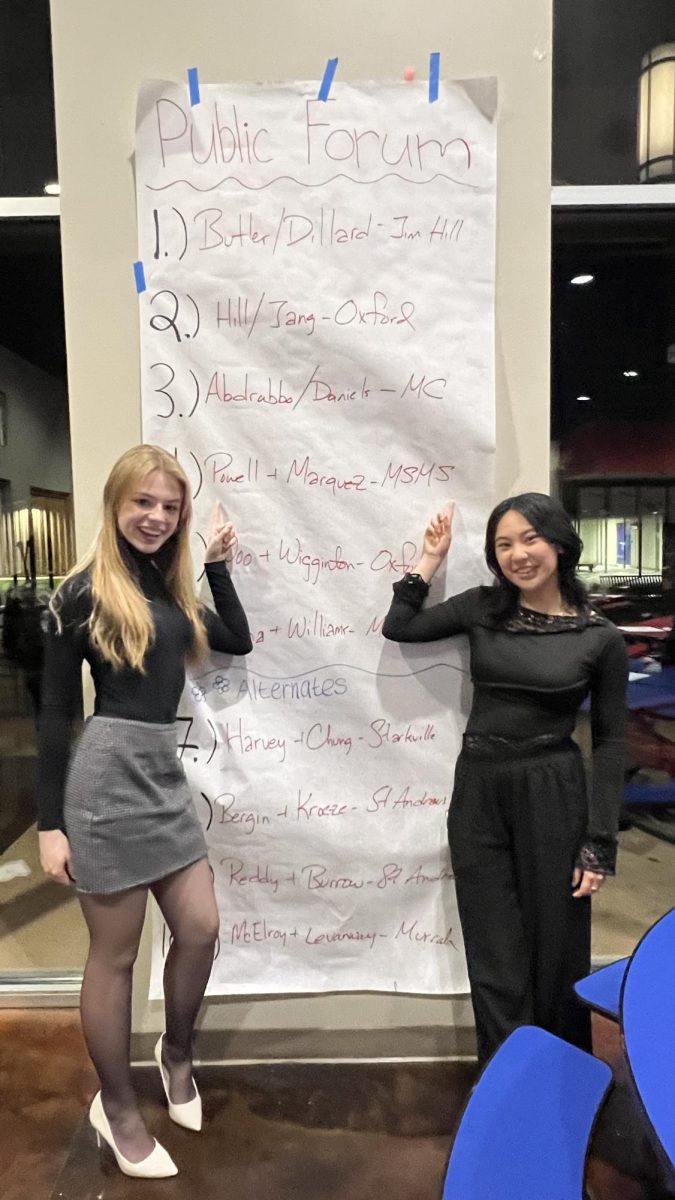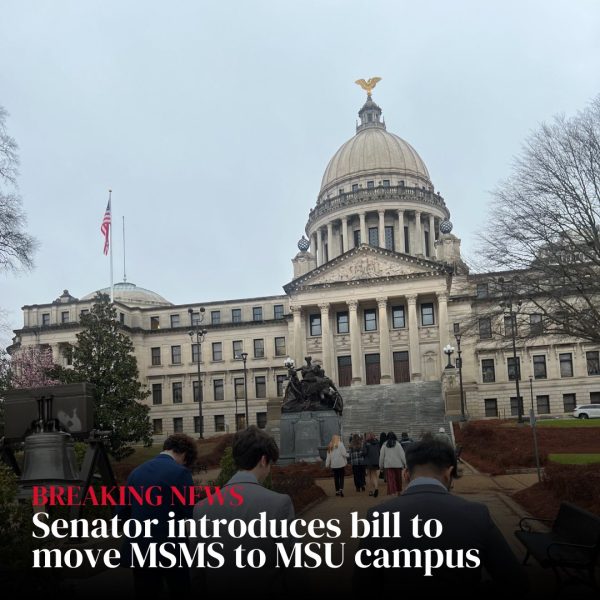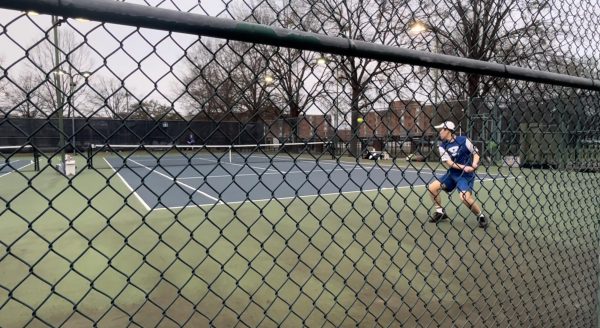MSMS seniors split on affirmative action
A brief look into the opinions of MSMS seniors on affirmative action
Shmitra at the English language Wikipedia / CC BY-SA
After a two-year investigation, the US Justice Department claimed Yale University illegally discriminates against white and Asian Americans. This decision has highlighted differing opinions among MSMS seniors applying to college.
September 3, 2020
As MSMS seniors apply to colleges in the midst of the quest for racial justice by the Black Lives Matter (BLM) movement, affirmative action, or steps taken to increase the representation of minorities in education from which they have been historically excluded, is quite the hot topic.
Additionally, on Aug. 13, the Justice Department concluded in a two-year investigation into Yale University that the school illegally discriminates against white and Asian Americans in undergraduate admissions. This allegation is reminiscent of the lawsuit accusing Harvard of discrimination against Asian Americans initially filed in 2014.
As scores of MSMS seniors begin their applications to the nation’s top colleges, the racial diversity and political range of their class means this controversial issue is very unlikely to slide under the radar.
In a simple random survey (SRS) of 24 MSMS seniors, students were asked to give their opinion on affirmative action in general, state how they feel the policy affects their race, and to list their race.
The results of this survey were apparent: despite many students agreeing affirmative action hurts their respective races, the student body is highly split on their support for the policy.
Out of 24 students surveyed, 18 (75%) stated that they believed affirmative action hurts their race. Only two students (8%), both self-identified as Black seniors, agreed that affirmative action helps their race in college admissions. The remaining four students (17%) chose either “neutral” or “unsure.”
President of the MSMS Black Student Alliance (BSA), Niyah Lockett, expanded on why she believes affirmative action is merely a “quick fix.”
“Affirmative action fails to take into account the lack of resources in predominantly black communities,” Lockett said. “The solution to the problem of African Americans in professional jobs is not throwing unprepared students into college. This is, essentially, putting a band-aid on a gunshot wound.”
Lockett also suggested affirmative action feeds into misguided racist perceptions of Black Americans.
“When African Americans accepted into college through affirmative action end up in the bottom of their class, it gives those with ingrained prejudice the ‘evidence’ they need to hold on to their racist beliefs,” Lockett said. “The true issue that legislators should be focusing on is the lack of resources, such as qualified teachers and access to technology, in Black schools. The disregard legislators have for getting to the root of the issue simply shows how America has not overcome its days of systemic racism.”
Another trend in the results was the responses of Asian students. Despite 89% (8/9) of Asian respondents stating they believed affirmative action hurts their race, 44% (4/9) still said that they support racially based affirmative action.
One such student, Jesse Tran, elaborated on his fear when applying to college as an Asian American.
“As an Asian American, the idea surrounding the unspoken racial quota for top universities definitely scares me,” Tran said. “I fear that I can possibly lose my position in a higher quality education due to being a majority in prestigious universities.”
However, Tran still expressed strong support for affirmative action in general.
As an Asian American, the idea surrounding the unspoken, racial quota for top universities definitely scares me.
— Jesse Tran
“If there are a group of individuals suffering more based on race or nationality, then I feel that we should focus our efforts on providing equality for them,” Tran said.
Still, some Asian students expressed frustration about the policy.
“As an Asian myself, I find it very frustrating because while I understand that race-based affirmative action is in place for other POC [people of color] races, it frustrates me to know that standard is unfair for me,” one anonymous respondent said. “As an Asian college applicant who doesn’t qualify for low-income and has been working hard as a student, I already know that a Black person would be chosen over me if they generally had the same academic record.”
Overall, only 37.5% (9/24) of students stated support for affirmative action. Exactly 50% (12/24) of all respondents stated they did not support affirmative action. The remaining three students (12.5%) chose “Unsure.”
Much of this opposition came from white respondents. Only 20% (2/10) of white respondents expressed support. No white students stated that their race was helped by affirmative action, and this seemed to be a source of resentment for some white respondents.
For instance, when respondents were asked to elaborate on why they feel their race is either helped or hurt by affirmative action, one anonymous student simply responded, “I’m white,” illustrating potential built up frustration towards affirmative action.
Other students expressed concern with the actual justification of racially based affirmative action.
The issue is more complex than just the color of one’s skin.
— MSMS senior
“The commonly cited justification for race-based affirmative action is that certain races have ‘worse opportunities’ than others, and they should get advantages,” another anonymous respondent said. “However, the issue is more complex than just the color of one’s skin. Structural inequality, inter-generational poverty, poor education, unstable family support and geographic location are all strong factors that contribute to one’s opportunities. Instead of simply looking at one’s skin color, I believe that looking at real indicators are much more important for creating equality of opportunity for all.”
Furthermore, some students even questioned the idea of race itself in regard to the policy.
“The government’s racial categorization standards (also often used by colleges) are misleading and oddly specific; for example, Mestizos, Southeast Asians, and North African Americans are all expected to record their race as ‘white,’ despite most people I’ve met who identify with the former categories not calling themselves white,” one student said.
For reference, the U.S. government’s racial qualification of what defines a white person is “a person having origins in any of the original peoples of Europe, the Middle East or North Africa,” so the student mentioned was not entirely correct. The common application, a universal application used by over 800 colleges, lists the same five races that appear on the U.S. census: American Indian, Asian, Black, Pacific Islander and White. They consider Middle Eastern and Latinx as ethnicities.
Still, the student carried on with their objections to racially based affirmative action.
“In truth, the modern concept of race is only a few centuries old and is changing every day; I see little reason to hang on to formalized definitions of race that fail to represent people when income and other categories do a better job of capturing discrimination.”



















